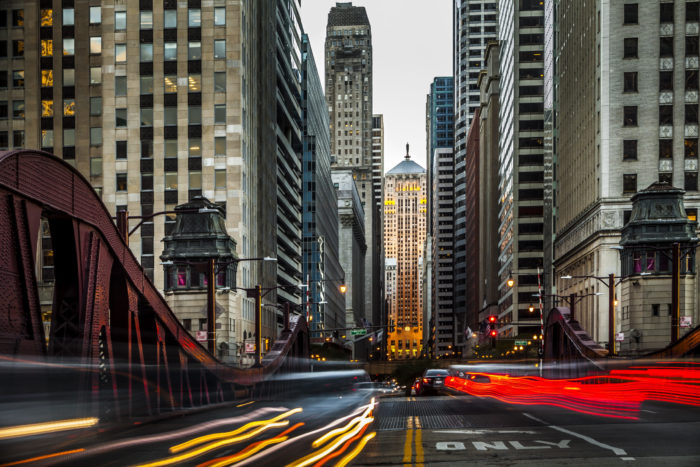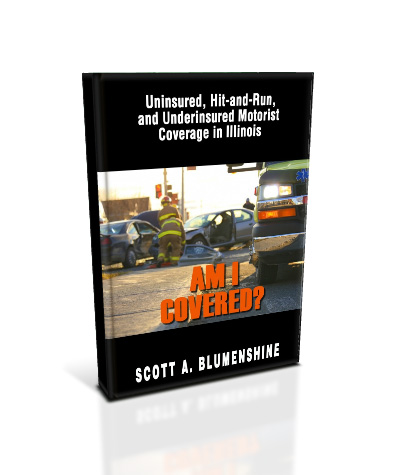A grocery store is legally responsible for keeping its property safe for shoppers. But just because someone falls and injures themselves at the supermarket doesn’t automatically make the store liable. Proof of negligence or fault must be established.
A grocery store is like any other property owner, and a store must take “reasonable” steps to keep its property free from hazards that may injure guests. The key word is “reasonable.” Under the law, reasonable is what the average prudent store would do under similar circumstances. Figure that one out. We, lawyers and judges, wrestle with these concepts every day.
Just know that a store is not an insurer of safety. Superhuman efforts are needed to guard against all injuries. It need only take reasonable steps. For example, if some hapless shopper dropped some grapes on the floor and slipped and someone fell on the grapes one minute later, the grocery store is probably not liable. The store could not reasonably have known of the grape on the floor in that short a period of time.
Is a Grocery Store Liable For a Customer Injury?
A store’s responsibility is to keep its floors free of fall hazards and to maintain the store so as not to create a foreseeably dangerous condition. Retail establishment owners, through their managers and employees, must remove objects from the aisles, such as fallen produce, liquids, or advertising displays that have fallen. Also, the store cannot create dangerous conditions. When a store creates a hazardous condition or notices that an unsafe condition exists, it must either fix the condition or warn customers about its existence to prevent injuries. It is legally liable for a customer’s injuries if it does not keep its property safe.
What Must Be Proven to Hold the Grocery Store Liable for Your Injury
The typical Chicago grocery store injury case is caused by debris or liquid on the floor. There may be condensation on the aisle of the frozen food section caused by frequent opening and closing of the door and melting of ice. A puddle of water may be on the floor in the produce section after the fruits and vegetables have been sprayed. A shopper may accidentally have dropped a food item on the floor. A tattered or buckled mat may be in your path.
To recover compensation for your injuries, it must be proven that the store was “negligent.” Negligence is carelessness or not being safe.
The law says an injured party must prove that:
- The owner either knew or should have known there was an existing unsafe condition
- The owner failed to correct the dangerous condition or failed to warn shoppers about its existence
- The failure to warn about or correct the dangerous condition was the cause of your injury
- You were injured due to the owner’s negligence in failing to correct or remove the hazardous condition.
How to Prove the Store was “Negligent”
Showing that the store knew or should have known about the dangerous condition is generally the most challenging element to prove. If surveillance tapes of the area and the incident exist, they may be valuable in showing how much time passed between the time the dangerous condition was created and your injury.
In a case we handled, the store surveillance camera showed the check-out employee moving a floor mat with his foot into the customer’s path of travel. The employee kicked the floor mat to the side to accommodate their comfort. Unfortunately, our older and infirm client stumbled over the mat and sustained a knee injury.
If no video exists, the testimony of other shoppers or employees may establish the store’s notice of the condition. Also, store records may show maintenance, clean-up, and inspection procedures. A good attorney will search high and low for facts to support your case.
Providing Proof of Dangerous Conditions
One woman who broke her kneecap when she fell after slipping in a puddle of liquid soap at Costco won her case when she proved that several Costco employees had walked by the spill and ignored it. This verified that Costco knew about the dangerous condition and, through the conduct of its employees, had time to take action but failed to warn about it or clean it up.
Sometimes, a person is injured when they slip on a food item that a customer drops on the floor. Unless an attorney can show that the grocery store employees knew or should have known of the food item on the floor, the store is not liable because the law requires the store owner to be notified of the dangerous condition and have an opportunity to clean it up.
Responsibility of Shoppers
If a grocery shopper is aware of a dangerous condition and chooses to ignore the warning, or a dangerous condition is apparent, the store may not be liable for the injury. For example, if a large liquid spills, the law says that a shopper should notice it and not walk through it. Or, if a shopper chooses to ignore a “wet floor” warning sign and slips onto the wet floor, the store will not be liable for the injury. The shopper was warned about the dangerous condition and ignored the warning.
Grocery Store Slip and Fall Settlements
Stores have a responsibility to ensure their floors are free of slip hazards. You may be compensated if you’ve suffered a serious injury in a store fall. Successful settlement of your claim often hinges on evidence – we thoroughly investigate the accident scene, preserve critical evidence like video footage, and build a strong liability case against the retailer. Many factors affect settlement amounts, including injury severity, required medical treatment, lost wages, and more. Our experienced attorneys handle these cases routinely and know how to maximize recovery. We fight aggressively to negotiate a full and fair settlement while preparing for trial if needed.
Contact an Attorney
If you were injured due to a Chicago grocery store slip and fall or another incident at a grocery store or another place of business, please call or text our slip and fall attorneys at the Blumenshine Law Group for a free consultation at (312) 766-1000 or email [email protected]. We will review your case circumstances and decide the best way to proceed. The law requires you to bring your claim within a certain period after you were injured. If you miss the deadline, you forever lose your right to file a suit to recover your damages.


